|
The belief that more hours at work equate to higher productivity is a myth.
This misconception has been deeply ingrained in our professional lives, leading us to sacrifice health, relationships, and leisure to pursue an elusive ideal. Actual productivity is not about stretching our workdays thin but thriving across multiple dimensions of our lives. Productivity isn't a linear concept. It's a multidimensional phenomenon that goes beyond professional achievements and encompasses the following dimensions:
0 Comments
I write murder mysteries in my spare time. If you’ve ever read a murder mystery, you know that a good story needs a strong plot and engaging characters. One can’t write a mystery novel without planning and setting goals.
But in addition to planning and setting goals, creativity is required and that means magic. The writer establishes a framework, and then allows the rest to unfold through the creative process. As a professional, setting goals is a fundamental skill which gives you a roadmap to achieve your aspirations. To establish goals, you must define a clear vision of what success looks like and then identify specific, measurable, achievable, relevant, and time-bound (SMART) objectives. A few years back I worked with a client, let’s call him Eric, who was the COO of a medium-sized, established company. I was inspired by my work with him, to write this article about how our thinking / mindset / perspective can trip us up.
Everybody has set ways of thinking about things. This is true for your private life as well as in your working environment. Where your perspective comes from and what it is based on comes usually from past experiences. By past, I mean it can come from way back, or even recent bad experiences with the last boss or partner or life in general. What matters now, in the present moment, is the awareness that these experiences exist, might be driving your behaviour and give you your perspective on things. This can form beliefs, biases, judgements and any, negative thoughts. If you are ready to start changing the results you are getting then these tips can help you challenge your thoughts. After all, Einstein says: “Insanity is doing the same thing over and over again expecting different results.”
In the corporate landscape, our weeks are filled with situations that test our abilities, patience, and resilience. How we approach these situations can profoundly affect the outcome and our reactions.
When faced with complicated situations, we immediately label them as 'problems.' What if we started viewing these as 'challenges' instead? This subtle shift can result in a transformative mindset change. The Power of Perspective A 'problem' often carries a negative connotation, suggesting something that shouldn't exist, an anomaly that needs fixing. On the other hand, a 'challenge' implies an opportunity for growth, a hurdle that, once overcome, leads to advancement and self-improvement. Consider the difference in perspective here:
The challenge mindset is proactive, seeking growth and understanding, while the problem mindset can be limiting and reactive. Building trust within a team isn't just about improving performance; it's about forging a workplace culture that aligns with integrity, innovation, and shared success.
When trust is the cornerstone of your leadership, solving complex problems becomes a collective endeavour, and creating lasting change becomes a shared mission. A team that trusts its leader is a team that's committed, resilient, and ready to go above and beyond. But how do you earn this trust? Empathy It's about demonstrating that you prioritise your team’s well-being. For instance, recognising the importance of work-life balance isn't just about offering flexible hours—it's about respecting those hours. When your team knows their time is valued, they're more invested during working hours. Are you creative?
Would being more creative so you can better navigate the daily ups and downs of your life? As an executive coach and writer of murder mysteries (currently working on the third book in a series), expanding my creativity is essential. First thing in the morning, I like to read thought-provoking books. Reading while sipping coffee starts my day with energy and depth. The book I’m reading now is The Creative Act: A Way of Being, by Rick Rubin. Rick Rubin is an eccentric and acclaimed music executive and producer who, in 2003, revitalized Johnny Cash’s career. In 2007, he was dubbed "the most important producer of the last 20 years" by MTV and was named on Time Magazine’s list of the “100 Most Influential People in the World.” In this book, released in January 2023, Rubin asserts that we are all creative. Without creativity, we could not survive in the world. He writes: To create is to bring something into existence that wasn’t there before. It could be a conversation, the solution to a problem, a note to a friend, the rearrangement of furniture in a room, a new route home to avoid a traffic jam. Whether it excites us or paralyses us, change is an inevitable part of life and leadership. In today's fast-paced and dynamic business world, leaders must navigate change successfully to ensure that they and their organisations can adapt, grow, and thrive. In this article, we'll explore seven key strategies that you can use to develop the skills and mindset needed to navigate change successfully.
When faced with a difficult decision it is important to know that you always have choices. It is hard to realize there is more than one solution to any given problem. One important life skill to learn is how to find those choices when faced with a difficult decision. With this skill, life becomes easier to keep in balance. More balance means less stress.
Think of a situation you are facing and see if any of the comments below can be applied: Which of us doesn’t want to have a good life? Who doesn’t want to be enough? With a lovely house and garden, sweet children, a loving spouse, who come together for breakfast, lunch, and dinner. A life filled with good friends who celebrate over an elaborate meal and extended family that come together often with smiles and hugs. A life with a rewarding job that appreciates your work and brings out your best. While these scenarios might be things that people dream about, they are scenes from stock photos, advertising campaigns, lifestyle shows, and social media influencers. Yet they inspire us to want to be perfect, to have perfect lives. They prey on our feelings that we are not enough. Then, for many of us, the drive to have a perfect life overwhelms. In her book, End the Struggle and Dance With Life, Susan called the drive to always be perfect an addiction. Always having to be the best, always going above and beyond, always having to prove yourself are just ways of trying to show the world, and yourself, that you are good enough. Being a perfectionist, while it might look as if everything is fantastic, takes its toll on our health and our relationships. It can also hold us back from new opportunities. All those images and videos we see of perfect-looking people living perfect lives only has the echo of truth in them. What we never see in those images is the mess behind the camera. The other people working behind those scenes to make the illusion seem real. So while those images make us feel as if we are less than perfect, they only represent something superficially “perfect.” The reason our addiction to perfection can be so devastating is that we believe our self-worth is measured by our performance. But since no one is perfect, it is impossible to attain self-worth through perfection. Trying to be perfect in everything we do is only a means to feel as if we are good enough. In the multifaceted world of leadership, age is a number. However, emerging leaders often face a unique challenge – leading individuals who may have been in the field longer or might view age as a measure of expertise.
I've helped countless young leaders overcome this dynamic. This article is for you if you are an emerging leader looking to command respect despite your age. Age vs. Leadership: The Misconception There's a common misconception that age and experience are the sole determinants of leadership capabilities. While experience has value, leadership is more about the ability to inspire, influence, and guide others toward achieving shared goals. Leadership is also about adaptability, vision, and the ability to foster collaboration – qualities that aren't exclusive to any age. Constant Interruptions, Disturbances, Noise - How They Can Rob You of Your Focus (and Motivation)21/9/2023 They are building all around me this week – even with a jackhammer just below me. It is unbearably noisy. This noise is robbing me of my focus and, consequently, my motivation.
Currently, I am writing this while sitting in a quiet restaurant near my apartment and right by the lake . Hotel lobbies seem to stimulate creative thoughts. Nothing against the builders or the need to repair / renovate something in the building. That is life. We need to do maintenance on buildings just as we need constant maintenance in the form of self-care. But the level of disruption has made me appreciate how much noise makes it difficult for me to focus and concentrate. I had intended to do my morning brain training before I started work today but found that the drills and the jackhammer were too disrupting. So disrupting, in fact, that I left the house and retreated to this lakeside location. No matter how much I encouraged myself to, I just could not handle it. Even the most enlightened of us can’t always stop ourselves from worrying about the future and asking ourselves “what if?” Underneath our connection to our Higher Self that we work so hard for, lurks the fear of future problems just waiting for an opening to ask us “what if?”
You know how it is…trouble is brewing at your job, layoffs could be coming. What if you lost your job? There have been a rash of pedestrian traffic accidents lately. What if your child is hit by a car? Your mother’s routine check-up turns into several follow-up appointments. What if she is sick? And on and on. Before we know it, our Chatterboxes have taken over. We are filled with fears about the future and the “what if” questions drag us down to our Lower Self. Many of us “what if” ourselves into a perpetual state of worry. “What if” questions come from our Lower Self, our inner chatterbox that wants us to live in perpetual fear. Susan wrote in Feel the Fear and Do It Anyway, “When the ‘what ifs’ are out in full force, the internal Chatterbox is at it again. You look at the unknown and try to predict the future; you try to take control of outside forces. Both are impossible. At this point you might notice you are driving yourself crazy.” Fear of failure often stands in your way in the journey of personal and professional growth.
As a society, we view failure negatively as something that diminishes our worth or derails our progress. What if you could shift perspectives? I’m saying, view failure as an opportunity to be more faithful to yourself. When embraced with the right mindset, failure can become a catalyst for transformative change, leading you closer to the authentic leader you're meant to be. Failure Teaches You a Lesson Every failure carries a valuable lesson. Whether it's an exam, a presentation, a project that didn't meet expectations, or a strategic decision that led to unexpected outcomes, each failure serves as a teacher. There is nothing like being comfy and cozy in our comfort zones. Right? The problem with that is, of course, that we can’t change or grow if we hold on to our comfort zones. As Susan wrote in Feel the Fear and Do It Anyway, “Most of us operate within a zone that feels right, and outside of it we are uncomfortable. For each one of us that zone of comfort is different, but whether we are aware of it or not, all of us—rich or poor, famous or unknown, gay or straight, male or female or whatever our gender identity— make decisions based on the confines of that comfortable space.”
While we may feel secure in our comfort zone, we likely are living with the pain of neediness and the fear of change. While comfort zones can make us feel secure, they also keep us from feeling powerful. If we want to grow, to experience, to learn, we have to start moving out of complacency in that comfortable space. We have to start expanding our boundaries. To do so, we have to take action, we have to put in the work—even if it means being uncomfortable. That is the only way we can know our own power. “Challenges in life either do or do not have solutions. If there is a solution somewhere, then there is no need to be overwhelmed by the challenge. If there genuinely is no solution, then there is no point being overwhelmed by it." Unknown If you genuinely believe there is a solution to every problem, there is a greater likelihood that you will find the solution. Personally, I believe the approach “where there is a will, there is a way.” I do not always find the way as soon as I would hope – which is sometimes due to a lack of motivation. I then remind myself that I know that nothing stays the same, and therefore I have nothing to fear. Things will change even if I do nothing.
The first and most important step is to realize and truly acknowledge that unless you take care of yourself nobody else can or will. When I say, “truly acknowledge”, I mean that you have accepted the following:
These are a few examples, expressed in simple terms: You have taken charge of your life, know your Values and maintain your Personal Power. You can live your life … it does not have to be living you! To reach your potential as well as feel content in the course of your life, having Life Skills is essential. They are the “software” you have the option to acquire along the way. You are born with the “hardware”: your body. Your behaviour comes under the heading “software” because this can be changed, improved, modified, extended or even deleted if necessary. Many of these Life Skills are received in the home and at school while growing up, others you learn later in your development, taught by “the school of life”, friends, colleagues, courses, books, teachers, trainers, and coaches. You can also teach yourself with patience and practice based on all of the above, plus past experiences, both positive and negative ones. What makes one person successful while others keep struggling? Everybody goes through difficult phases, has obstacles to overcome and disappointments to heal. This cannot be avoided. How you cope with all of these is the key to making your life a success. Life Skills offer support with how you handle your life. They can be defined as a group of cognitive and personal abilities that enhance your capability to lead a life in which you reach your potential. Every person has strengths and weaknesses; getting to know them is important in the process of finding out “who” you are and therefore “what” you want. Not everybody has the same dream. You should not judge others but find your way forward based on your own values. The success of some people is not a matter of luck; they will have learned how to manage their life, and they will have acquired the life skills - the “software”. Understanding that life is about change, which is inevitable, is one of the first steps on this ladder to the top! Your personal worth will benefit knowing you have the necessary skills in life to face everything that comes your way with confidence. by Suzie Doscher, Executive Coach focusing on Self-Development, Self-help Author since 2014. Photocredit: Cottonbro / Pexels Excerpt from the 1st Edition of BALANCE - a Practical Handbook for Life's Difficult Moments. Contact one of our coaches for a free introductory session.If you recognize the warning signs of impending burnout in yourself; remember that it will only get worse if you leave it alone. But if you take steps to get your life back into balance, you can prevent burnout from becoming a full-blown breakdown.
Read on for some tips: Worried About Achieving Your Goals? Take Charge of the Stress in the Moment to Stay on Track5/1/2023 You have a goal, but are worried you will not achieve it. So many issues are popping up that need dealing with, obstacles and other unexpected ‘stuff’ keeps interfering with your daily plan and / or overall daily structure. Stress kicks in, which means focusing is harder and so less is achieved… sound familiar?
All of these thoughts and mind chatter do not have to result in your getting off track or losing sight of your goal. The trick is to take charge of your thinking and push the ‘reset’ button. By this I mean, ‘reset’ the moment, not the direction you are heading or the goal you intend to achieve. Resetting the moment means handling whatever is causing you stress. Stress is an emotional issue and will not vanish with the flick of a switch in your brain. Unless, of course, you already.... I am a big believer that moving forward means improving the existing quality of your life. Of course reaching goals and increasing your performance it important. How you feel while you are doing this is what I believe makes up for quality of life.
You can be reaching goals and increasing your performance by pushing through, being competitive while running on an empty battery. At some point your body and emotional self will not be able to keep up. To increase your quality of life I suggest doing things differently or adding something entirely new to your routine. Maybe this is changing your location or job, or even friends, these are big changes. How about starting with getting rid of some behaviour patterns that no longer serve you? Replace them with behaviour patterns that do serve you. I love personal growth & development. My personal as well as professional experience can vouch for that each step taken, even small steps, results in change. Imagine climbing up a ladder. With each step your view changes and brings a new perspective. Make the kind of changes that stick! Life changes all the time, sometimes daily. During your lifetime you never stop growing, developing and learning, which of course means changing. If you resist this, you run the risk of staying stuck. Here is how you start: Staying calm and grounded requires certain behaviors that feed being calm and grounded. Each person will have his/her own requirements to feel calm and grounded. The actions you need to take are unique to you and will most likely differ from those others need to take. Just as each person has his/her own interpretation of success, each person has an individual feeling calmness and being grounded. Listen to yourself to know what is best for you. Based on my own personal experience, this also changes depending on age: When I was 30, my focus was very different to 40.
You will know what is right for you. Follow your heart and remember that you cannot take anything with you. No matter what you achieve and how much you earn, how you feel along the way is just as important. By Suzie Doscher, Executive Coach focusing on Personal Development, Self-help author since 2014. Photo credit: Pexels Whatever your age and goals, if you would like support, contact Suzie or one of our other coaches for a free introductory session.These are a sample of options you have when in need of some stress relief:
It is most import to ensure that any action you propose to take is in keeping with your personality and can be executed in a style that suits you. by Suzie Doscher, Executive and Life Coach, Self-Help Author Balance - A Practical Handbook for Life's Difficult Moments 3rd editon out now in any Amazon store worldwide Narrated by Suzie Doscher on Audible and iTunes. Photo by Shutterstock Listen to excerpts from the Audiobook:
Balance - A Practical Handbook for Life's Difficult Moments by Suzie Doscher iTunes or Audible ❌ I want somebody to fix the problems in my life - the right coach will question, listen, reflect and challenge you to think in new, more resourceful ways but will NOT “solve” anything for you. If you’re not committed to do the work, event the best coach can’t help.
❌ I need help with psychological issues - if you’re dealing with depression, anxiety or a mental illness, you need a trained therapist. A coach will focus primarily on your future helping you discover new ways of acting and thinking, rather than dealing too much with your past. ❌ I need a wise friend - a good coach is NOT your friend and needs to have the impartial ability to hold that bigger vision that will help you attain your full potential. Family and friends are not impartial. They are too close to your situation, which can limit their vision of your potential. ✅ Something wonderful has happened - positive change can be exciting and challenging simultaneously. Big transitions such as a new job or career, can have a huge impact on other areas of your life. This makes them the perfect opportunity to get a renewed sense of Who You Are and most want to become. ✅ Something terrible has happened - a qualified coach can provide a compassionate and safe space for you to process and learn from the struggle so you can expand and move forward. Sometimes it’s necessary to provide feedback, but it can be a delicate situation.
You’ve probably heard that people don’t quit jobs; they quit bosses. In today’s hiring market with record numbers of employees resigning, that may or may not always be true. But bad bosses can definitely be a factor for employees who decide to leave. “I think that a lot of people are saying, ‘Hey, I’ve been putting up with this manager for way too long. All of a sudden, we are in an incredible job market, and I’m going to take my chances and test it out and see if there is a better fit and a better opportunity available,'” says Stephanie Lovell, head of marketing for Hirect, a hiring app for tech startup founders. If you’re considering leaving your job because of your manager, consider this: What if your boss is a fixer upper? A diamond in the rough? Someone who just needs some input on how to do a better job? Giving your boss feedback may not only be a way to correct your frustration; it can be helpful for your boss, too. It can also be tricky. But instead of diving into a list of grievances, consider these steps: If You Can’t Answer “Yes” to These 8 Questions, Your Manager Needs To Do More To Support Your Career15/5/2022 Managers expect a lot from their employees, but let’s turn it around: what should employees be expecting from their managers?
Whoever manages a team doesn’t just manage their to-do list, targets and professional roles — at the end of the day, they’re dealing with people. And we all come with our own list of demands and needs, both inside and out of work. It’s time employees were put first. Not out of greed or to be spoiled, but to become more efficient, productive, engaged employees. Here’s how your manager should be supporting your lifestyle and helping you achieve your career goals. 1. Are they offering valuable wellbeing perks? A lot of times, managers get well-being in the workplace all wrong. Let’s set one thing straight: well-being can never be managed or established in only one place. If you want your employees to feel great at work, take care of them outside of work. Let’s break down what well-being is all about, first. |








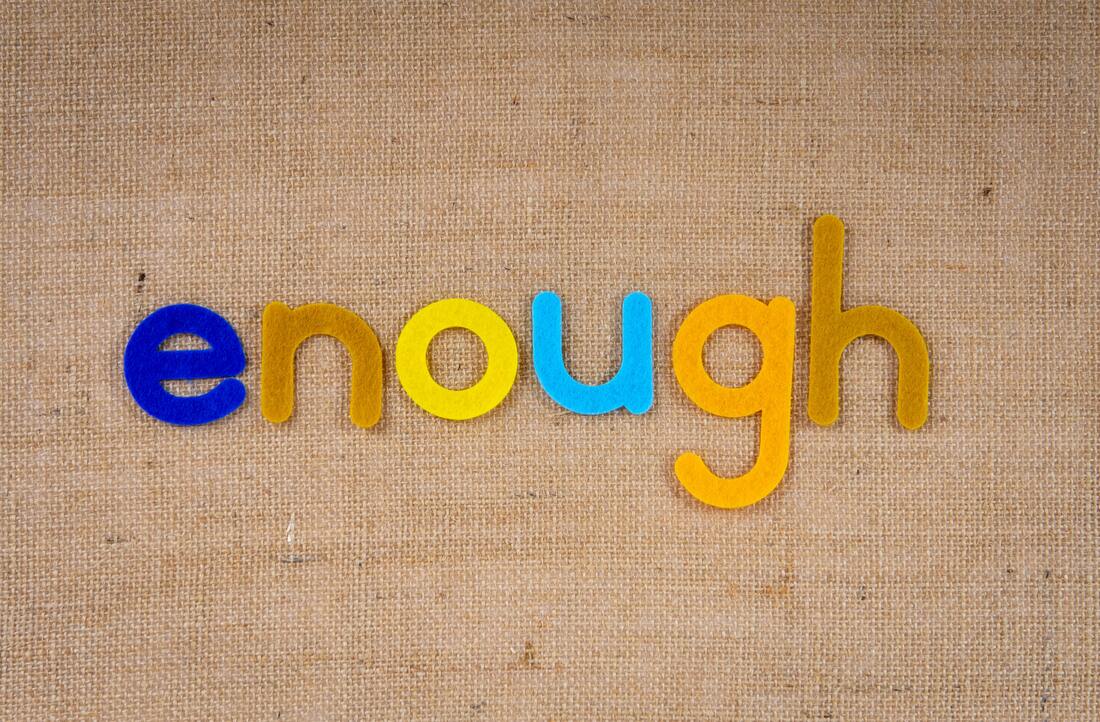






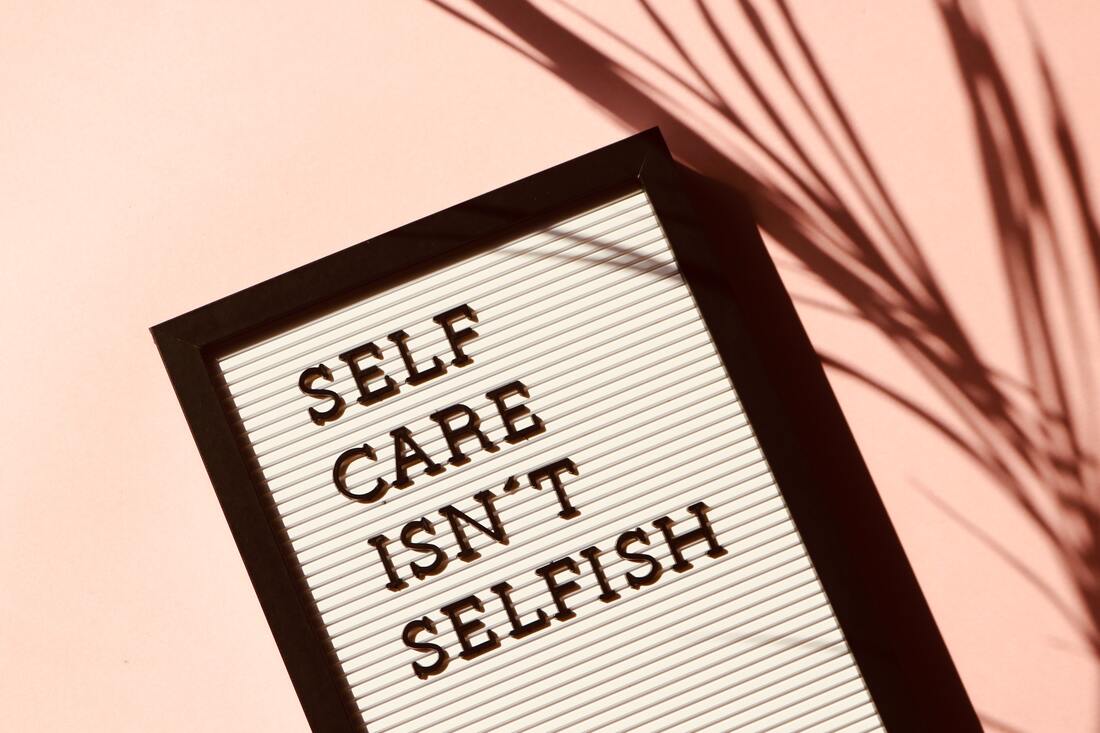





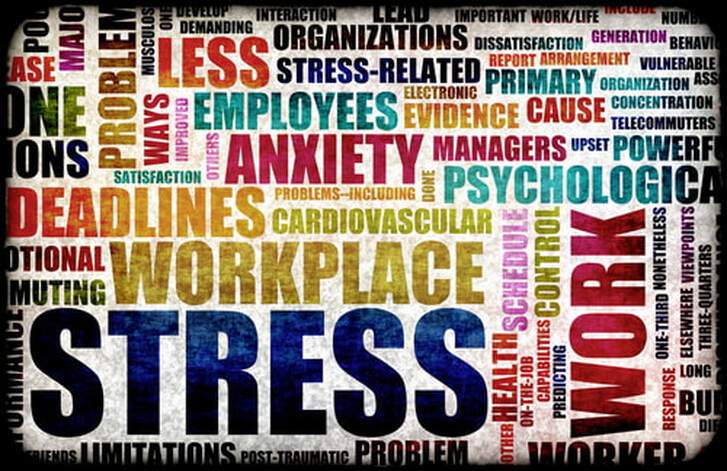
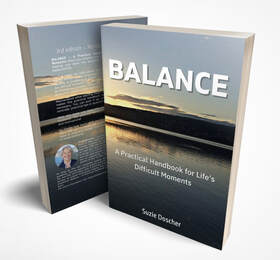

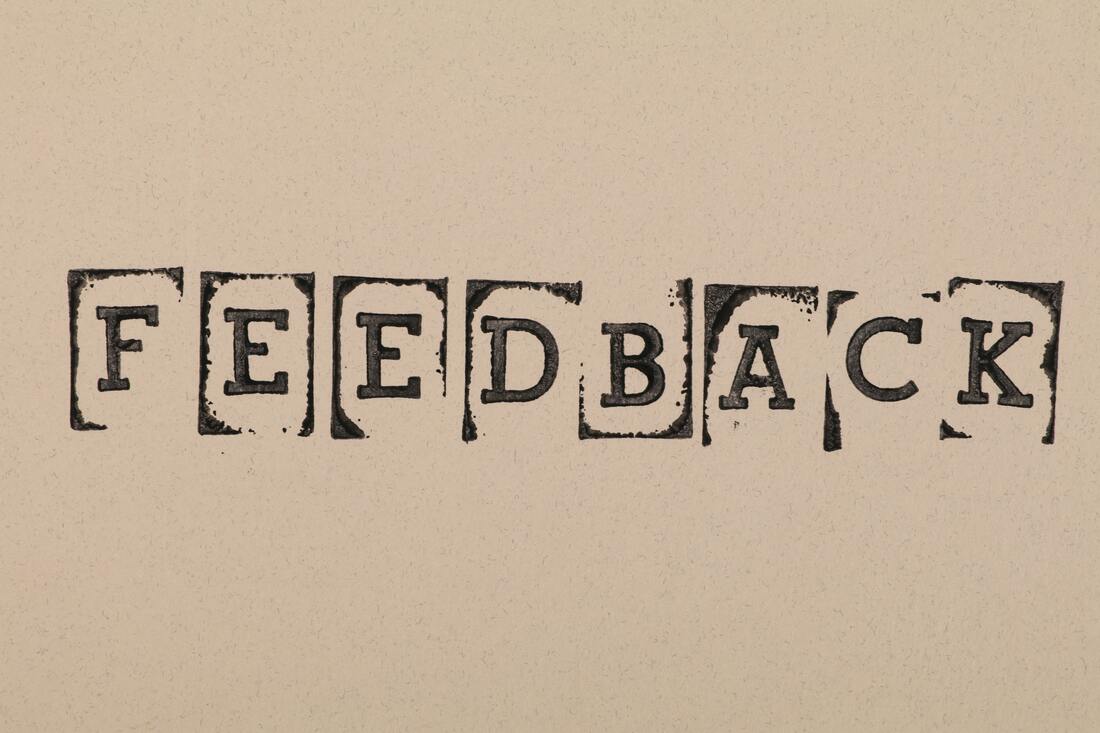

 RSS Feed
RSS Feed